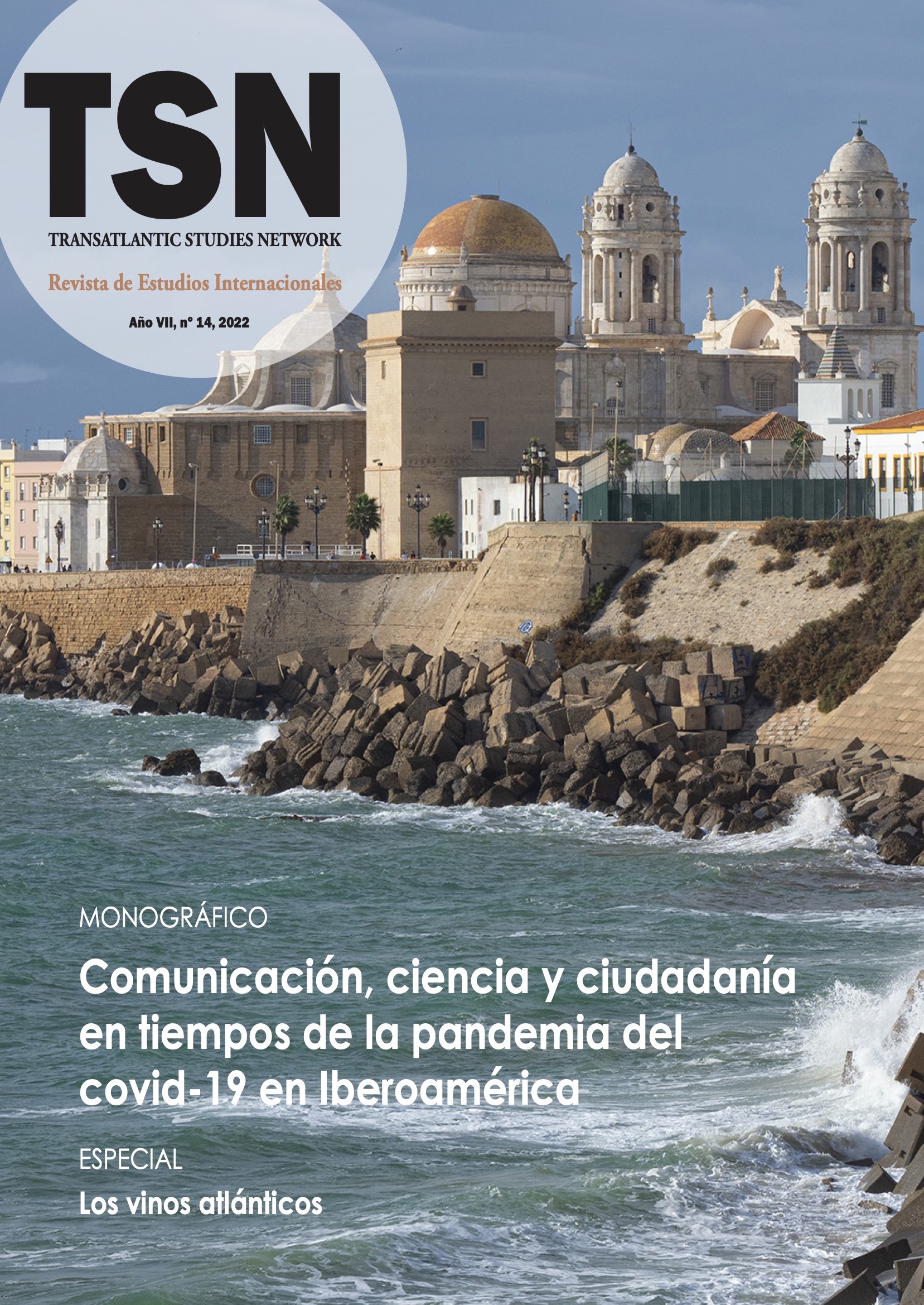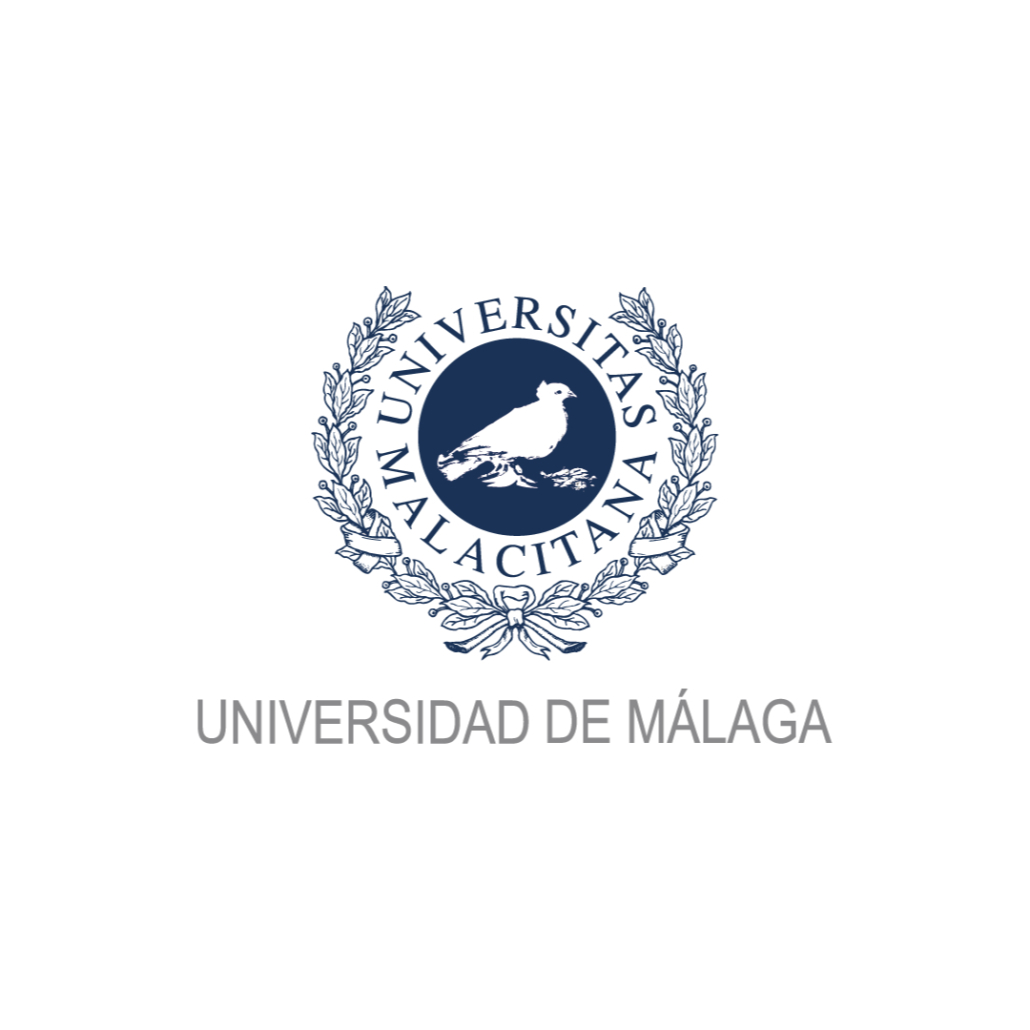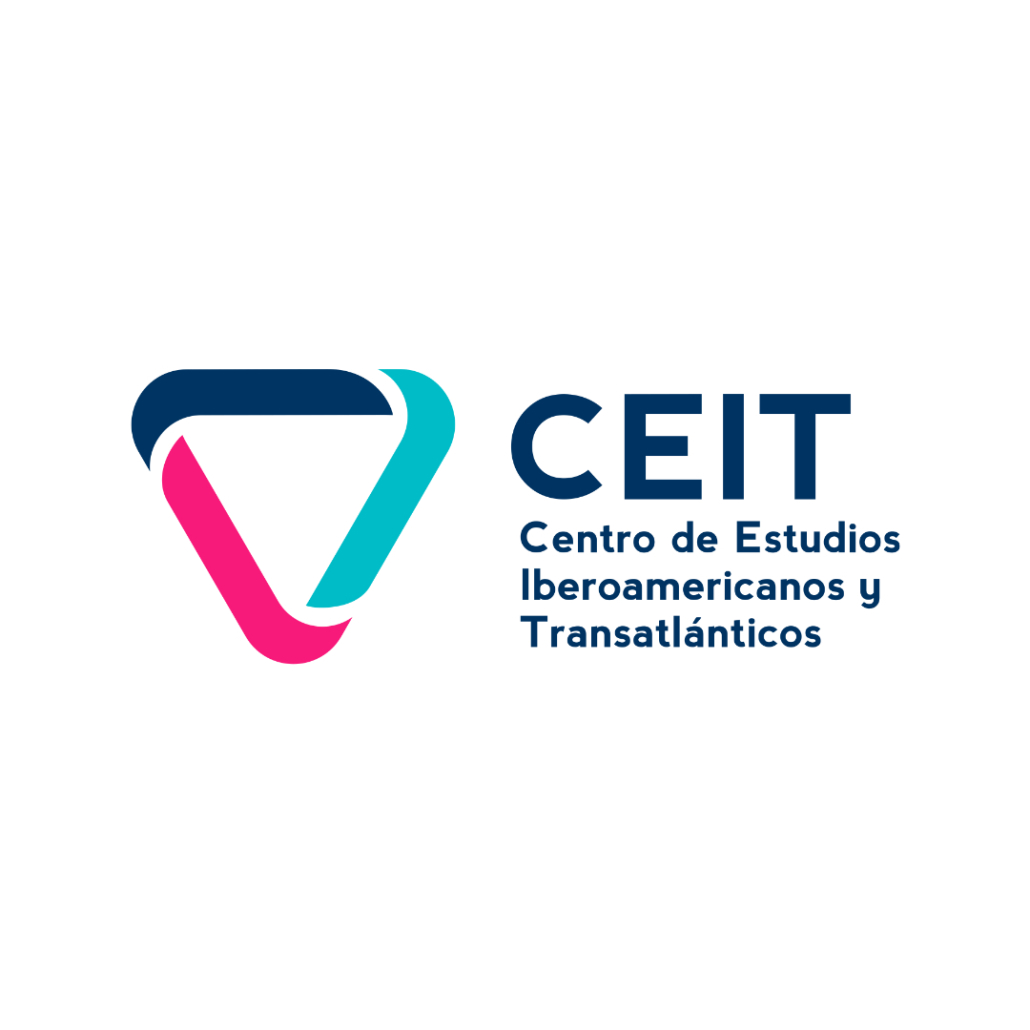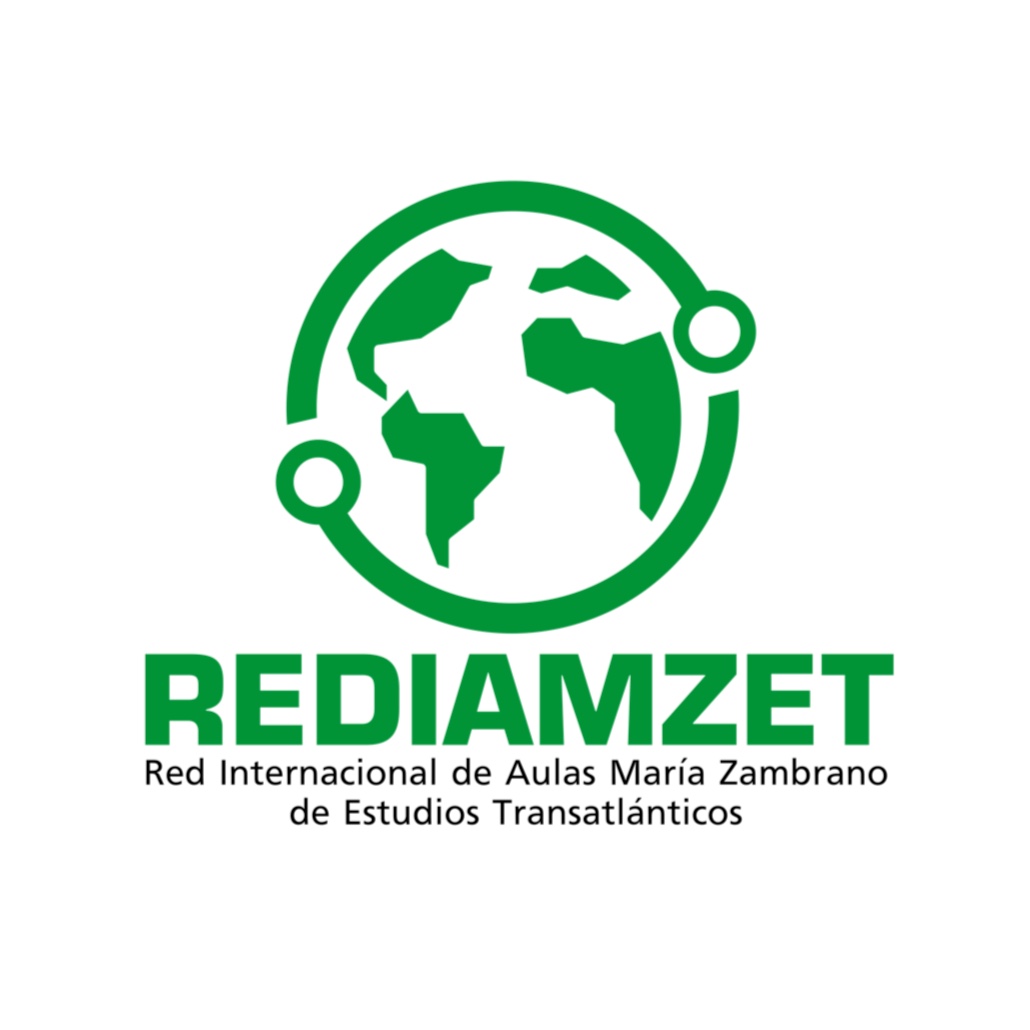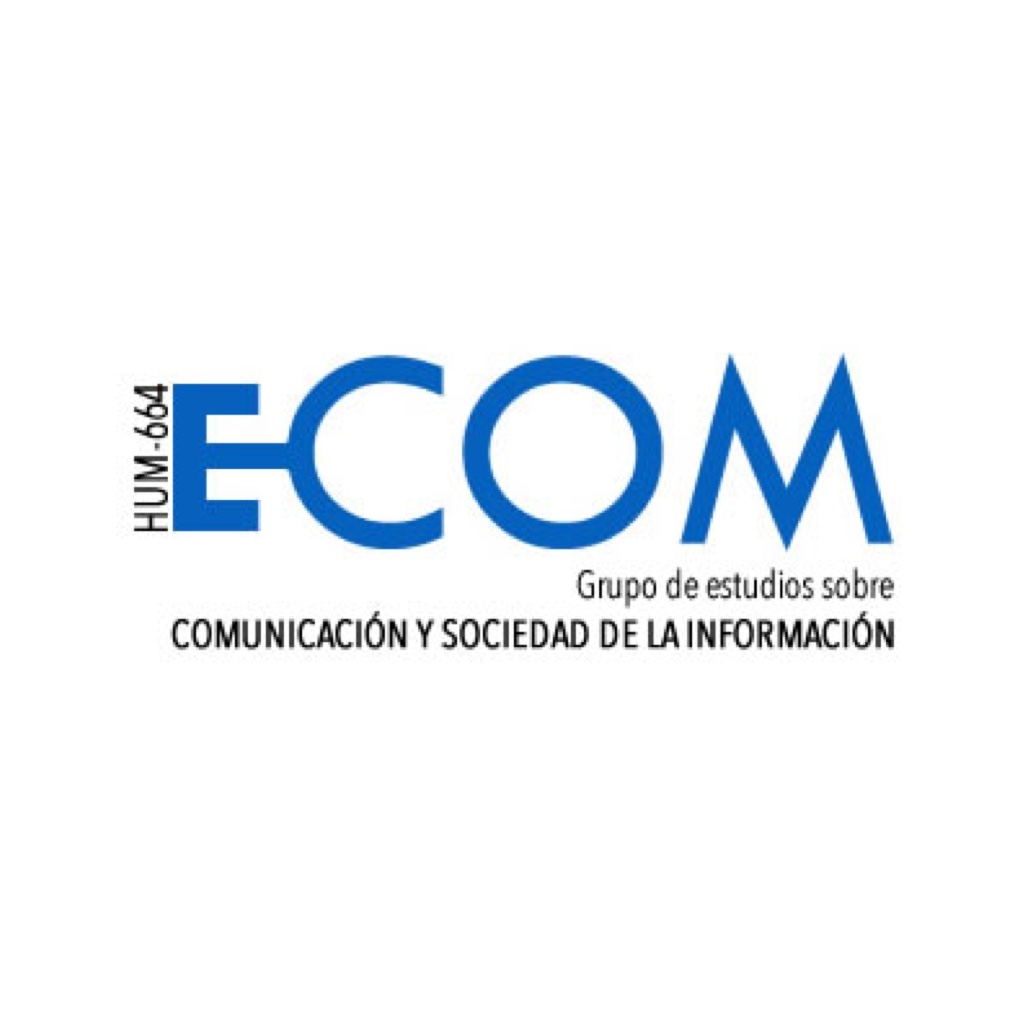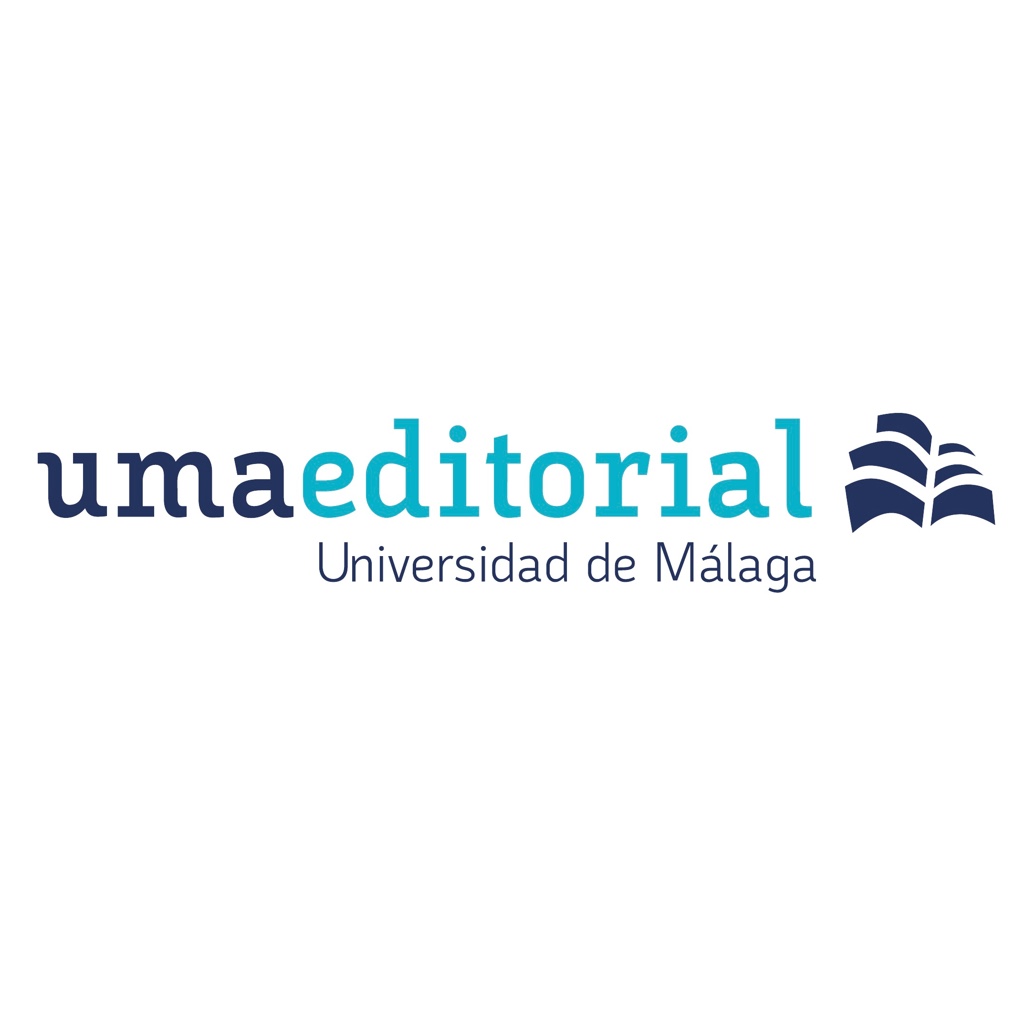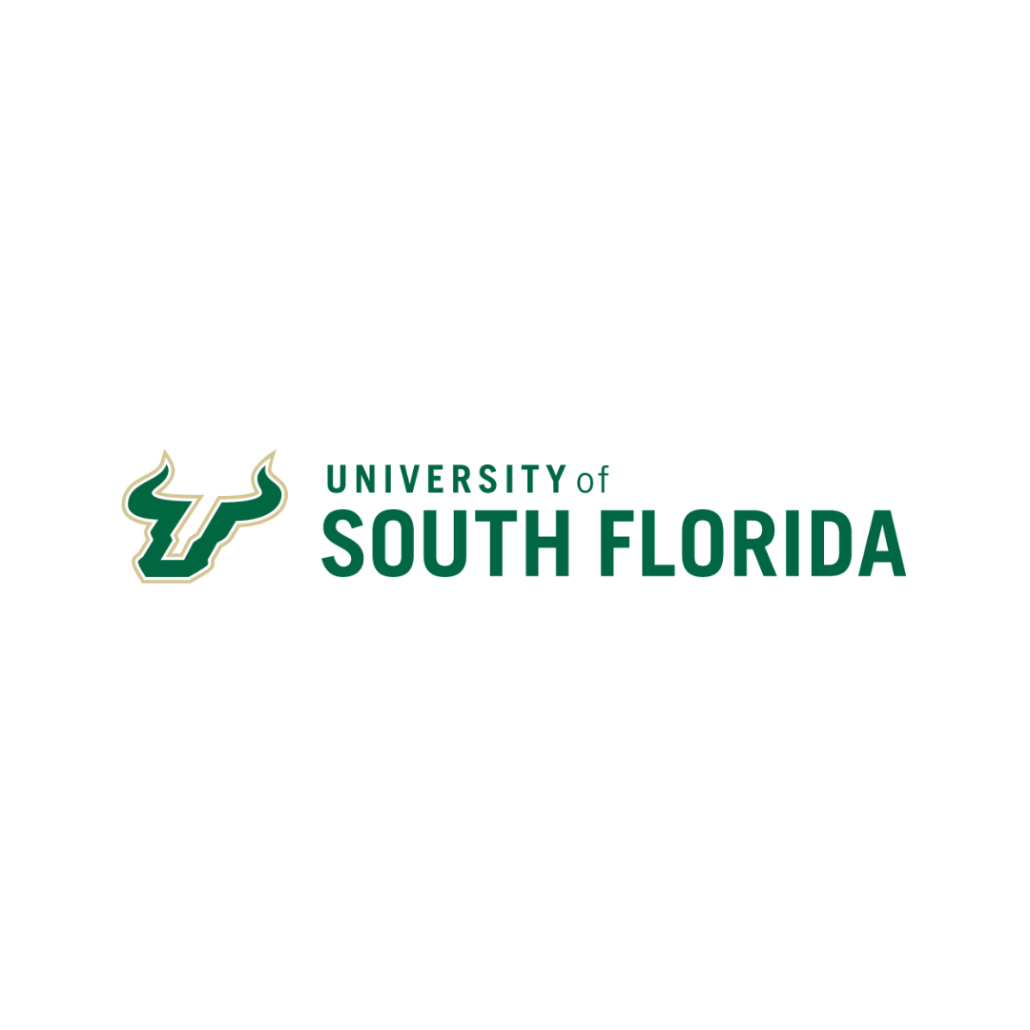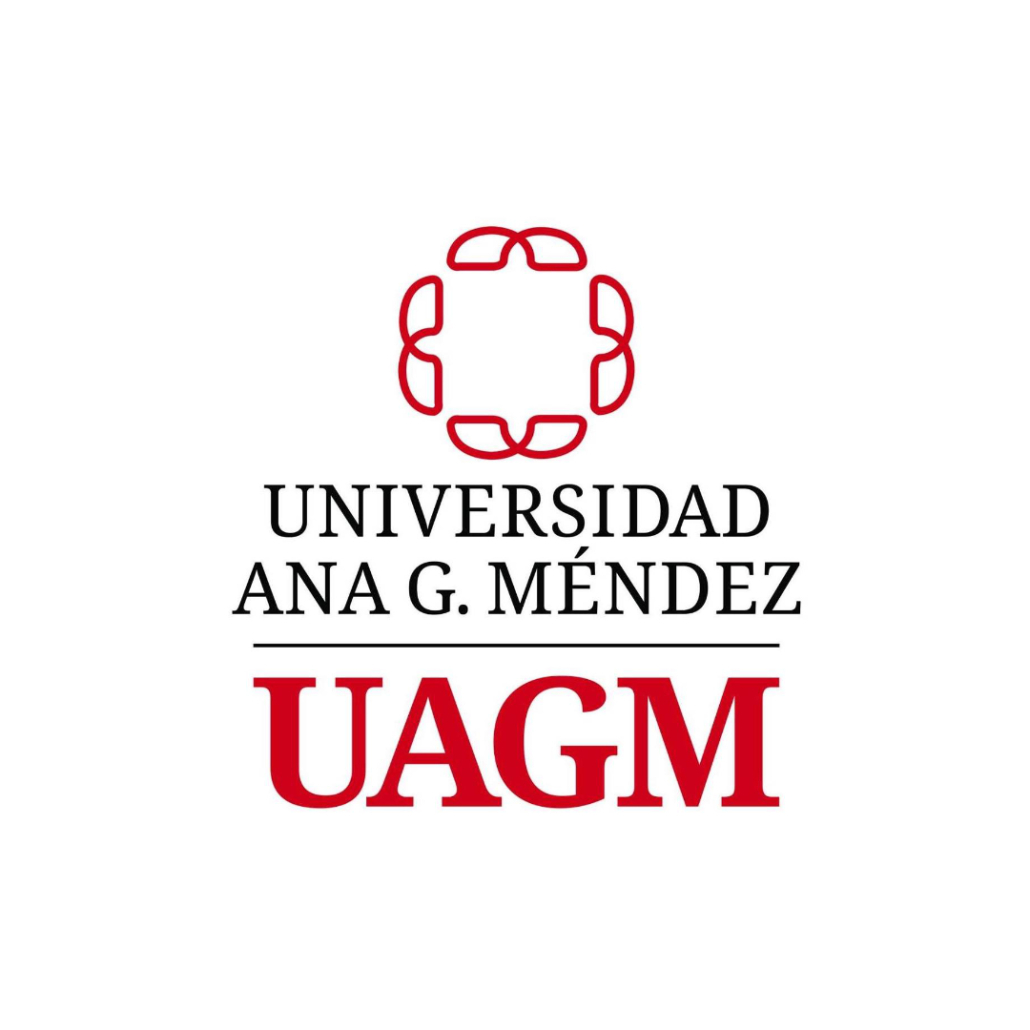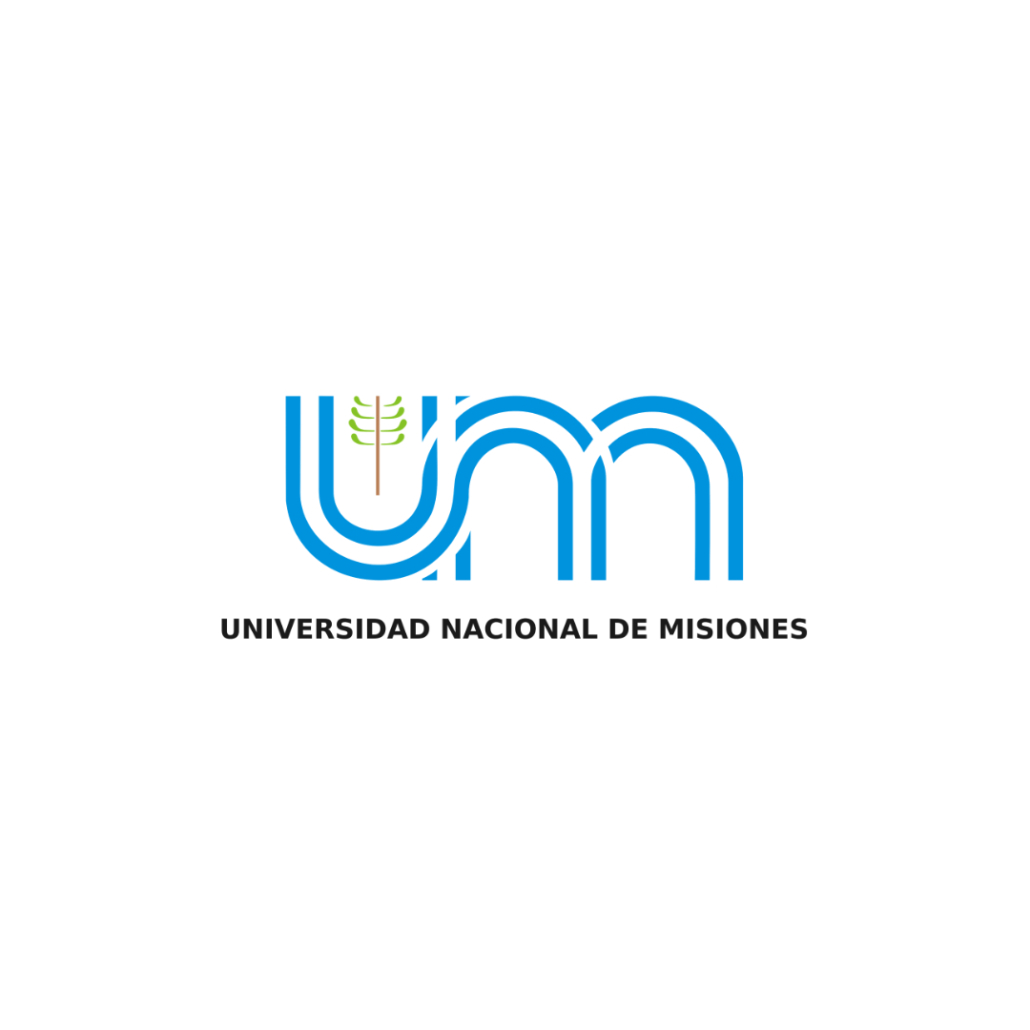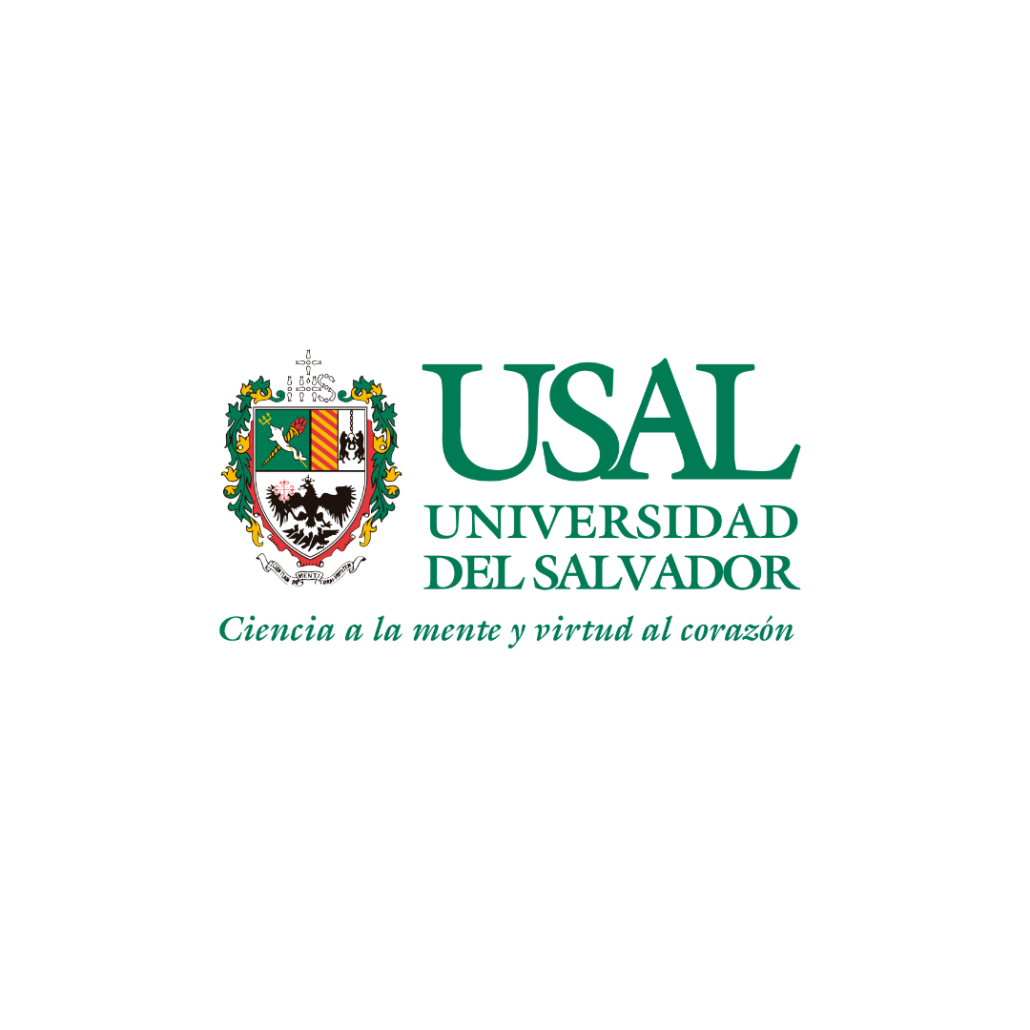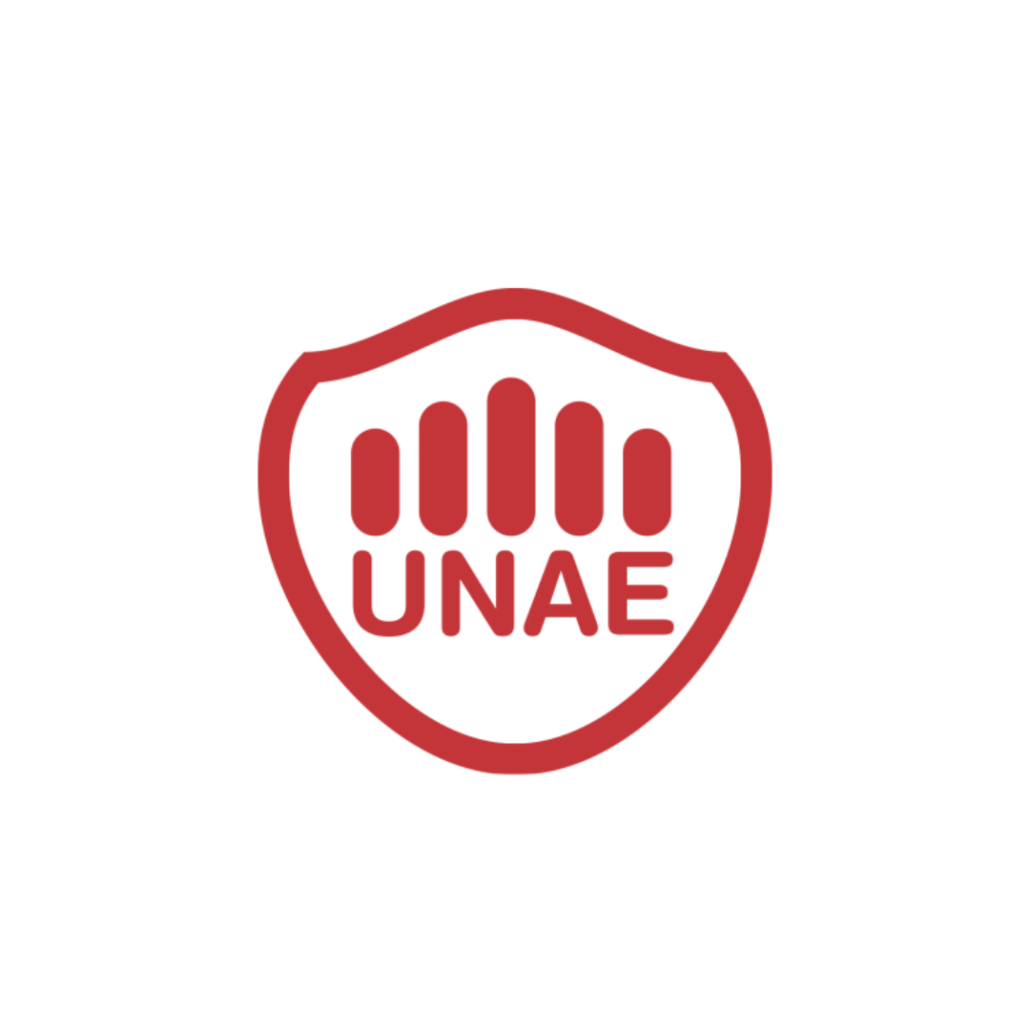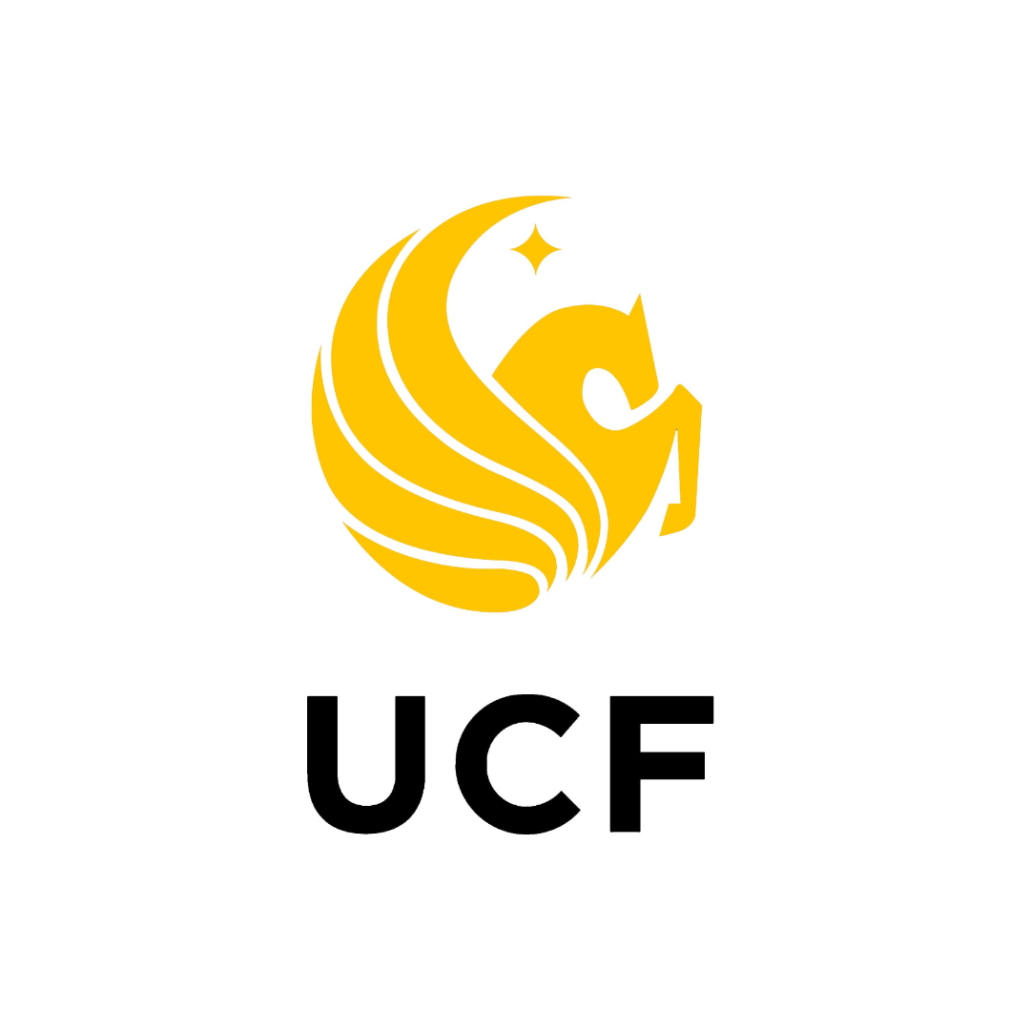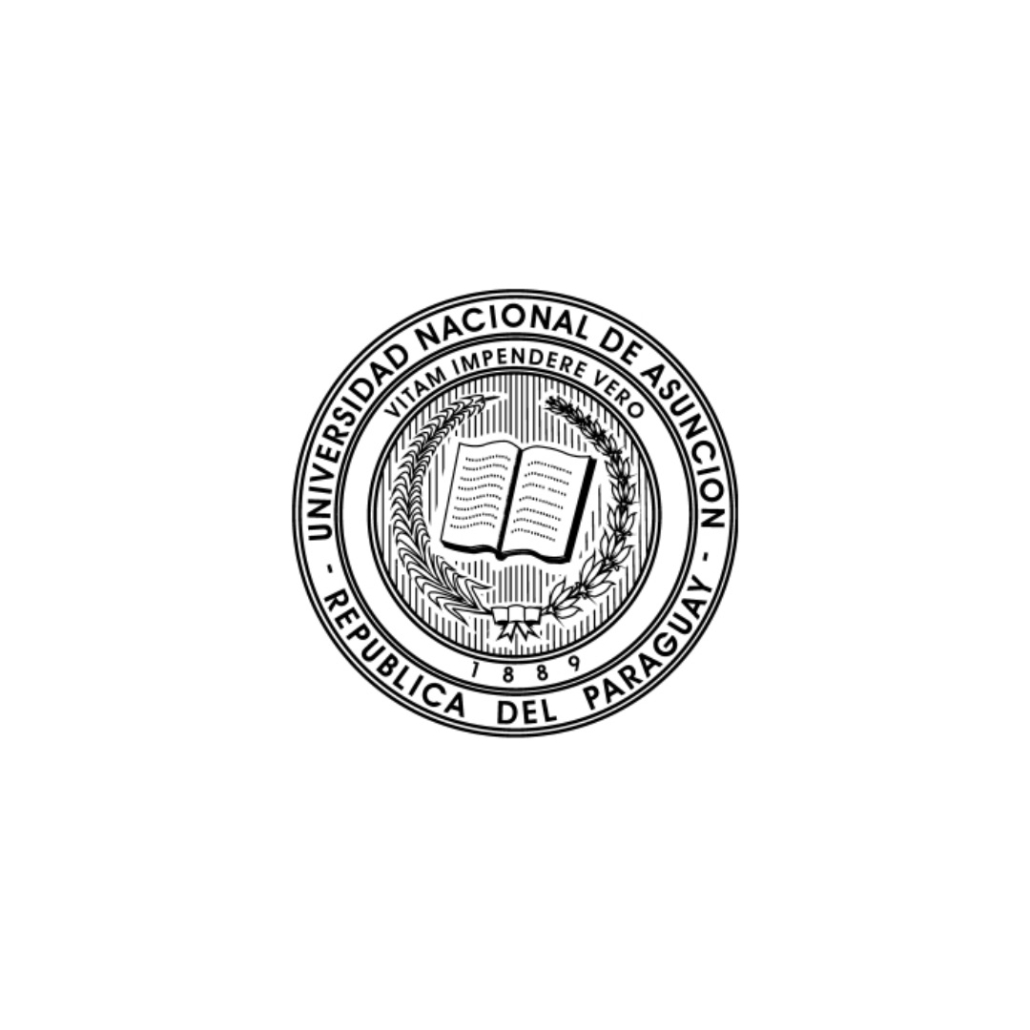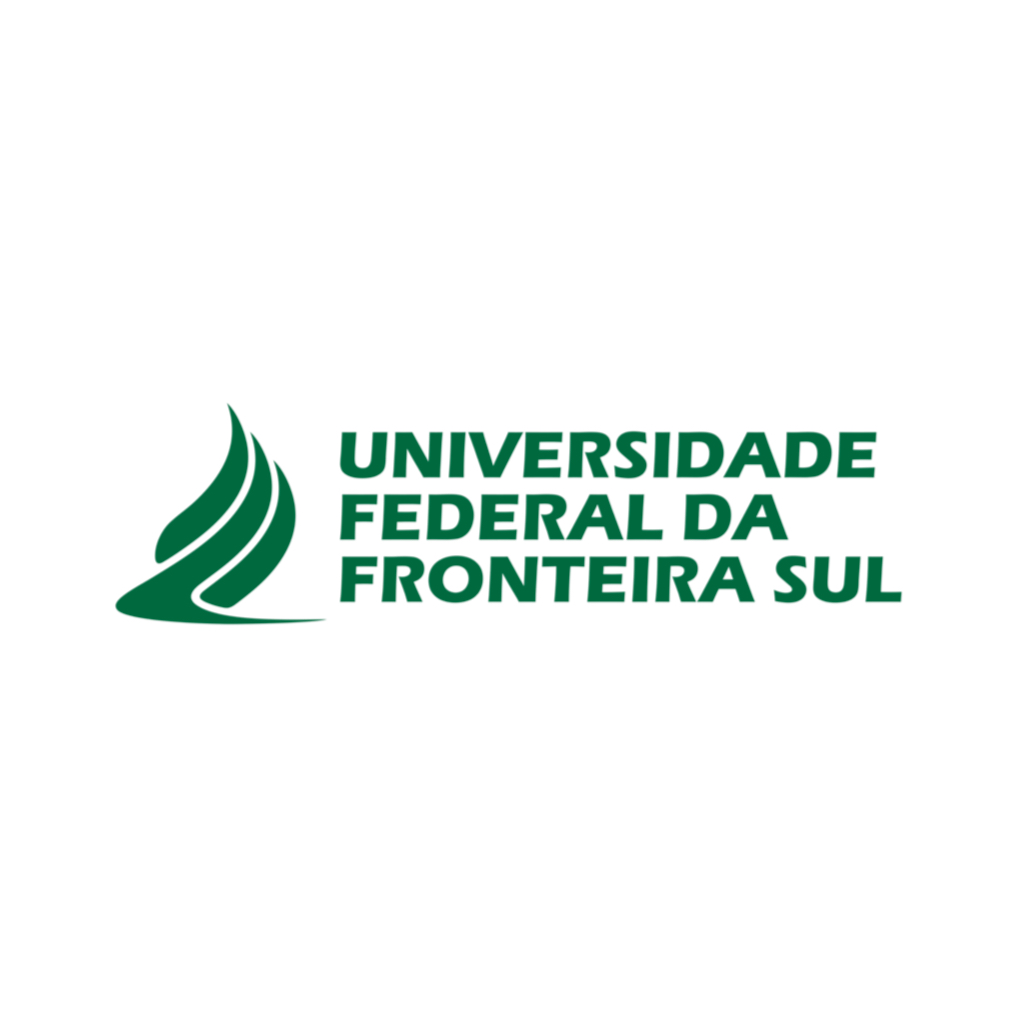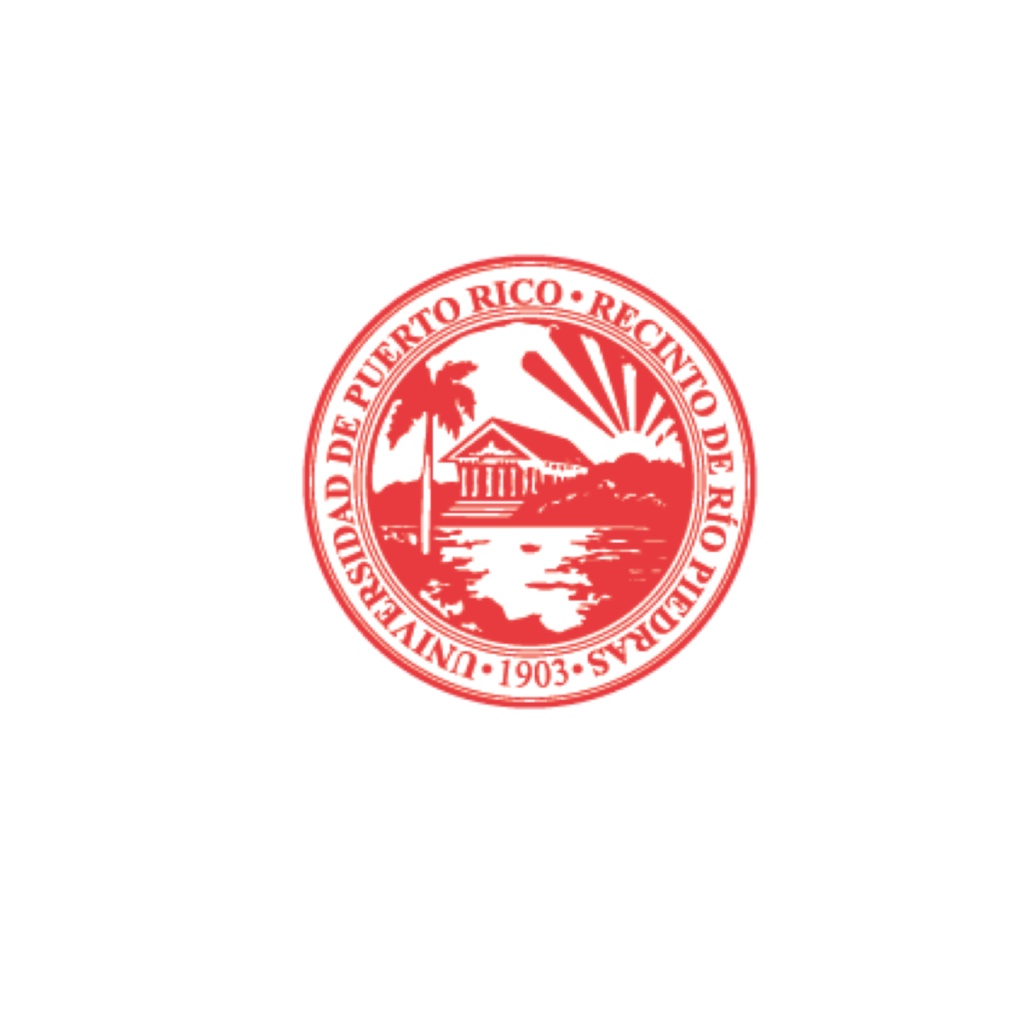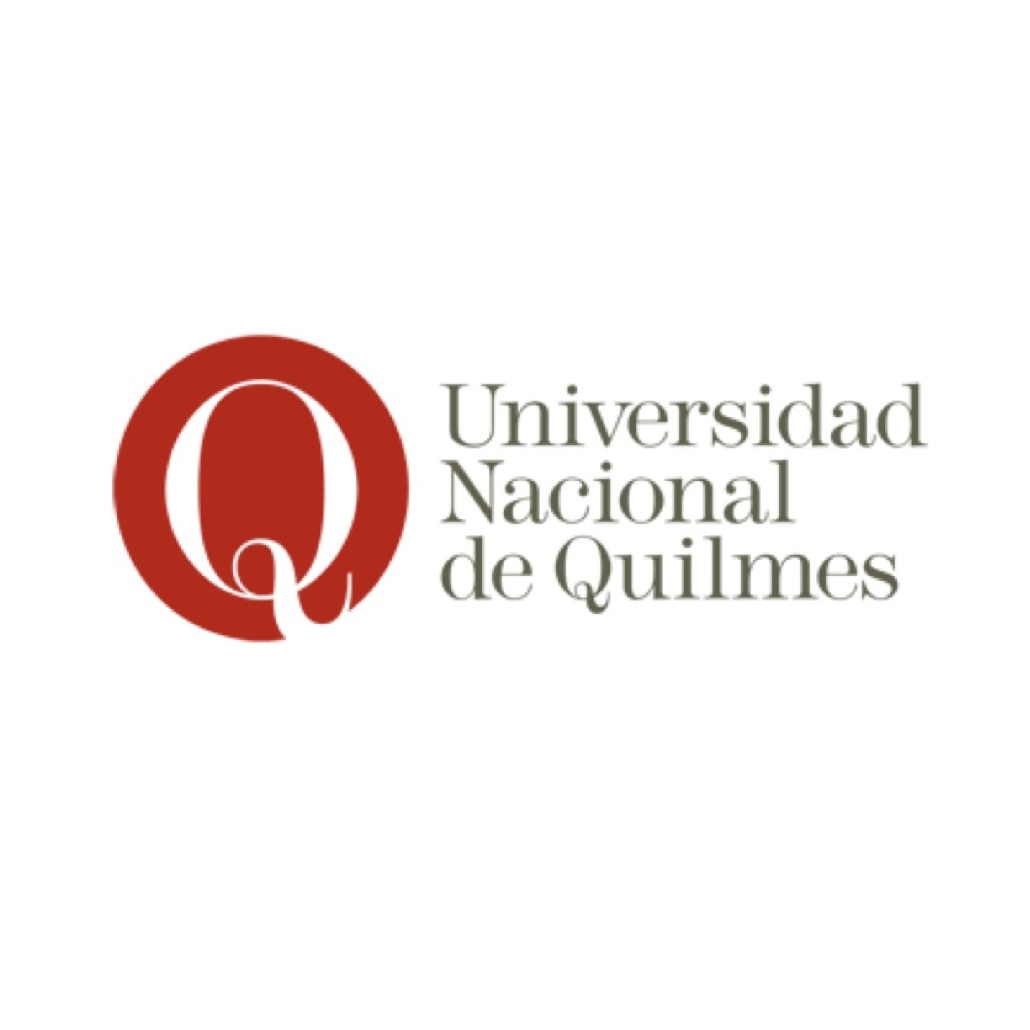Cobertura de los superalimentos en la prensa digital iberoamericana durante la pandemia del covid-19
DOI:
https://doi.org/10.24310/TSN.2022.v7i14.17322Palabras clave:
Superalimentos, prensa digital, Iberoamérica, covid-19Resumen
El presente trabajo examina las noticias sobre los denominados «superalimentos» publicadas en los medios de comunicación digitales de los países iberoamericanos desde el inicio de la pandemia hasta el año 2022. El concepto «superalimentos» no tiene ninguna definición científica ni legal, y se utiliza en los medios de comunicación y en la industria del marketing. Para llevar a cabo la revisión sistemática, se han recopilado un total de 796 documentos, en los que solo se han contabilizado las noticias relacionadas directamente con la temática objeto de estudio bajo el criterio de búsqueda booleana de superalimentos. Una vez limpiada la base de datos, el número de documentos quedó reducido a 64 noticias pertenecientes a 34 medios de comunicación digitales distintos. De esta forma, se ha llevado a cabo un análisis descriptivo y de contenido que contempla el tipo de información transmitida, la evidencia científica de la noticia y los recursos multimedia empleados. En definitiva, se corrobora que existen numerosas publicaciones promocionales de determinados alimentos que son considerados «súper» sin una calidad informativa rigurosa ni científica.
Descargas
Métricas
Citas
Breeze, Ruth (2017): «Explaining Superfoods: Exploring Metaphor Scenarios in Media Science Reports», en Ibérica, 34. Recuperado de https://www.researchgate.net/publication/321666461_Explaining_superfoods_Exploring_metaphor_scenarios_in_media_science_reports
Camacho-López, Saby (2021): «Comunicación ética en nutrición», en Científica, 3 (3), 7. Recuperado de https://redcien.com/index.php/redcien/article/view/42
Castiel, Luis David, y Sanz-Valero, Javier (2010): «El acceso a la información como determinante social de la salud», en Nutrición Hospitalaria, 25 (supl. 3), pp. 26-30. Recuperado de http://scielo.isciii.es/scielo.php?script=sci_arttext&pid=S0212-16112010000900004&lng=es&tlng=es
Centre for the Promotion of Imports (2017): Product Factsheet: Superfoods in Europe. Recuperado de https://fdocuments.us/document/product-factsheet-superfoods-in-europe
Encalada-Añazco, Richard; Peñaherrera-Vásquez, Dayana; y González-Illescas, Mayiya (2021): «Los superalimentos como tendencia del mercado: Un análisis de las oportunidades para las empresas exportadoras», en Innova Research Journal, 6 (2), pp. 157-179. Doi: https://doi.org/10.33890/innova.v6.n2.2021.1627
European Commission (2010): Functional Foods. Bruselas (Bélgica): DG Research. Recuperado de http://publications.europa.eu/resource/cellar/238407ee-0301-4309-9fac-e180e33a3f89.0001.02/DOC_1
European Food Information Council (2012): What Are Superfoods and Are They Really Super? Recuperado de https://www.eufic.org/en/healthy-living/article/the-science-behind-superfoods-are-they-really-super
Kirsch, Fabian; Lohmann, Mark; y Böl, Gaby Fleur (2022): «The Public’s Understanding of Superfoods», en Sustainability, 14 (7), 3916, https://doi.org/10.3390/su14073916
Kuchheuser, Paula; Jost, Sonja; y Birringer, Marc (2021): «Superfoods im Fokus: Ein kritischer Blick auf Chiasamen und Co. (Focus on Superfoods: A Critical View on Chiaseeds and Co.)», en Aktuelle Ernährungsmedizin, 46, pp. 36-40. Doi: http://dx.doi.org/10.1055/a-1209-2909
Loyer, Jessica, y Knight, Christine (2018): «Selling the “Inca Superfood”: Nutritional in Superfoods Books and Maca Marketing», en Food, Culture & Society, 21:4, pp. 449-467. Doi: https://doi.org/10.1080/15528014.2018.1480645
McComas, Katherine A. (2008): «The Role of Trust in Health Communication and the Effect of Conflict of Interest among Scientists», en Proceedings of the Nutrition Society, pp. 428-436. Doi: https://doi.org/10.1017/S0029665108008689
Melini, Valentina, y Melini, Francesca (2021): «Functional Components and Anti-Nutritional Factors in Gluten-Free Grains: A Focus on Quinoa Seeds», en Foods, 10 (2), art. núm. 351. Recuperado de https://www.mdpi.com/2304-8158/10/2/351. Doi: 10.3390/foods10020351.
Meyerding, Stephan G. H.; Kürzdörfer, Annemone; y Gassler, Birgit (2018): «Consumer Preferences for Superfood Ingredients-The Case of Bread in Germany», en Sustainability (Suiza), 10 (12), art. núm. 4667. Doi: https://doi.org/10.3390/su10124667
Oude-Groeniger, Joost; Van-Lenthe, Frank J.; Beenackers, Mariëlle A.; y Kamphuis, Carlijn (2017): «Does Social Distinction Contribute to Socioeconomic Inequalities in Diet: The Case of “Superfoods” Consumption», en International Journal of Behavioral Nutrition and Physical Activity, 14, art. núm. 40. Doi: https://doi.org/10.1186/s12966-017-0495-x
Pacheco-Pascual, Alejandro; Pérez-Morón, Carlos; Valdés-García, Arantzazu (2020): «Superalimentos: ¿mito o realidad?», en Actividad Física y Deporte: Ciencia y Profesión (33), p. 63. Recuperado de https://dialnet.unirioja.es/servlet/articulo?codigo=7724237
Pérez-Rodrigo, Carmen (2016): «¿Cómo trasladar la evidencia científica a los consumidores?», en Revista Española de Comunicación en Salud, pp. 43-51. Doi: http://dx.doi.org/10.20318/recs.2016.3121
Petty, Richard E., y Cacioppo, John T. (1981): Attitudes and Persuasion: Classic and Contemporary Approaches. Dubuque: Brown. Doi: https://doi.org/10.4324/9780429502156
Pomerance, Justin; Light, Nicholas; y Williams, Lawrence E. (2022): «In These Uncertain Times: Fake News Amplifies the Desires to Save and Spend in Response to COVID-19», en Journal of the Association for Consumer Research, 7 (1), pp. 45-53. Doi: https://www.journals.uchicago.edu/doi/pdf/10.1086/711836
Roger-Monzó, Vanessa; Cabrera-García-Ochoa, Yolanda; y Moreno-Castro, Carolina (2021): «Dietas confinadas: análisis del discurso de la prensa sobre la nutrición en tiempos de Covid-19», en Profesional de la Información (EPI), 30 (6). Doi: https://doi.org/10.3145/epi.2021.nov.18
Rui-Wang, Yuan He, Jing Xu y Hongzhong, Zhang (2020): «Fake News or Bad News? Toward an Emotion-Driven Cognitive Dissonance Model of Misinformation Diffusion», en Asian Journal of Communication, 30:5, pp. 317-342. Doi: https://doi.org/10.1080/01292986.2020.1811737
Serra Majem, Lluis (2016): «Conflictos de interés en la investigación en nutrición: ¿Mucho ruido o muchas nueces? (Conflicts of Interest in Nutrition Research: Empty Pots Make the Most Noise)», en Revista Española de Comunicación en Salud, pp. 121-128. Recuperado de https://e-revistas.uc3m.es/index.php/RECS/article/view/3130
Sikka, Tina (2019): «The Contradictions of a Superfood Consumerism in a Postfeminist, Neoliberal World», en Food, Culture & Society, 22, pp. 354-375. Doi: https://doi.org/10.1080/15528014.2019.1580534
Van den Driessche, José J.; Plat, Jogchum; y Mensink, Ronald P. (2018): «Effects of Superfoods on Risk Factors of Metabolic Syndrome: A Systematic Review of Human Intervention Trials», en Food & Function, 9, pp. 1944-1966. Doi: https://doi.org/10.1039/C7FO01792H
Van-Winkle, Tony N. (2022): «Colonization by Kale: Marginalization, Sovereignty, and Experiential Learning in Critical Food Systems Education», en Food, Culture and Society. Doi: https://doi.org/10.1080/15528014.2022.2077531
Vrenna, Maurizio; Peruccio, Pier Paolo; Liu, Xin; Zhong, Fang; y Sun, Yuchi (2021): «Microalgae as Future Superfoods: Fostering Adoption through Practice-Based Design Research», en Sustainability, 13 (5), 2848. Doi: https://doi.org/10.3390/su13052848
Publicado
Cómo citar
Número
Sección
Licencia

Esta obra está bajo una licencia internacional Creative Commons Atribución-NoComercial-CompartirIgual 4.0.

